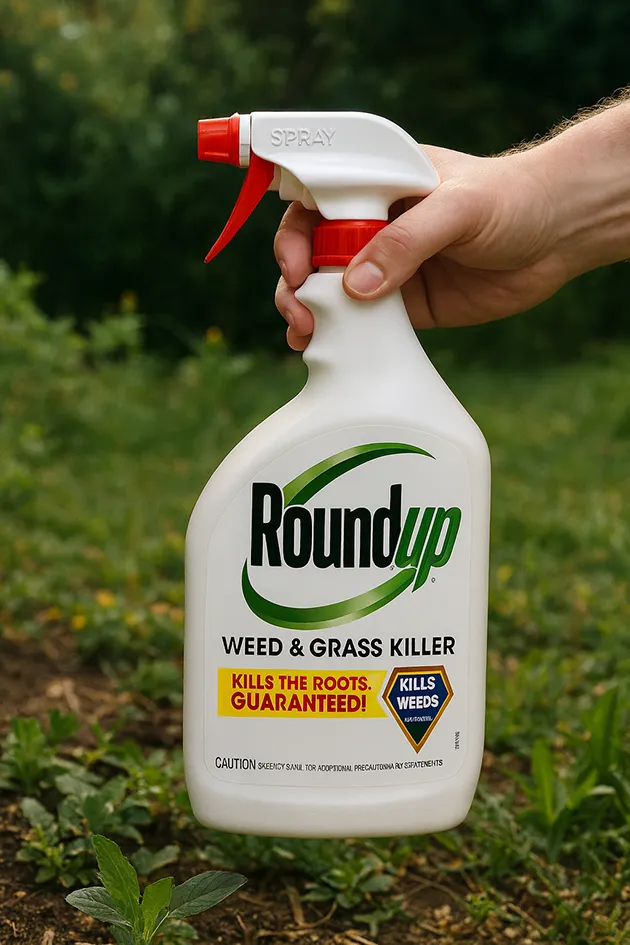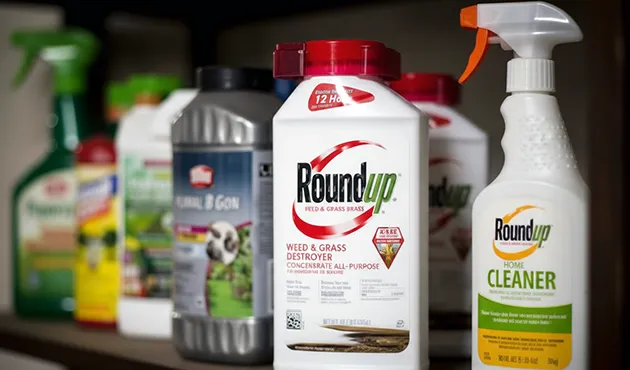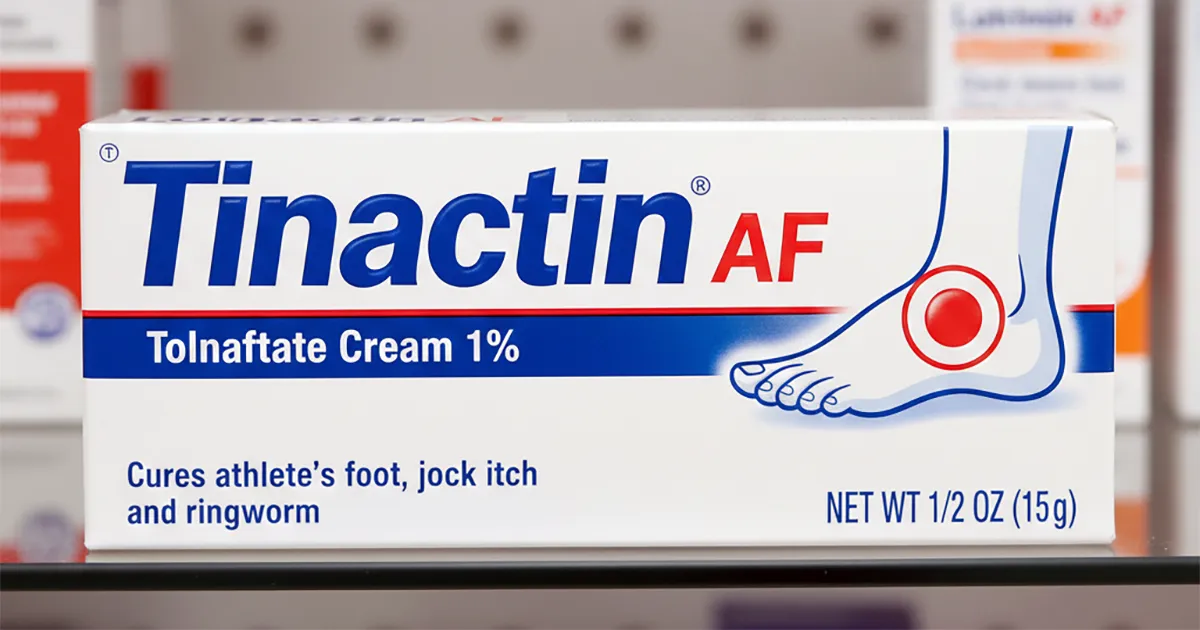$23M TransUnion Hard Credit Check Dispute Class Action

Unsplash | Published: May 08, 2025
Claim Form Deadline: June 24, 2025
Payout: $20 - $160
Proof required: Yes
What's the Trans Union Hard Inquiry Dispute Class Action Settlement?
TransUnion, one of the three major credit reporting agencies in the United States, has settled a $23 million class action over allegations that it violated consumer rights according to the Fair Credit Reporting Act. The TransUnion class action lawsuit claims that TransUnion failed to properly investigate or remove disputed hard credit check inquiries from credit files as required by law on behalf of consumers who disputed them. The lawsuit alleges that TransUnion's failure to comply with the Fair Credit Reporting Act (FCRA) caused harm to consumers by negatively impacting their credit scores and limiting their access to credit.You might be included in the $23,000,000 TransUnion class action settlement if:
• You have an address in the U.S. or its territories,
• And if TransUnion sent you a "502 Letter" in response to your written dispute of a hard inquiry between December 5, 2016 and January 31, 2025.
What is the Total Settlement Amount?
The total settlement fund is $23 million.What are the Important Dates?
• Claim Form Deadline: June 24, 2025
• Exclusion / Objection Deadline: June 24, 2025
• Final Approval Hearing: July 21, 2025
What is a Hard Credit Check and Dispute?
A hard inquiry or hard credit check are when a lender or creditor checks your credit report as part of a formal application for new credit, such as a credit card, loan, mortgage, or sometimes a rental application.| Hard Inquiry (Hard Credit Check/Pull) | Soft Inquiry (Soft Credit Check/Pull) | |
|---|---|---|
| Purpose | Applying for new credit (loan, card, etc.) | Background checks, preapproval, checking your own credit |
| Permission | Required | Not always required |
| Credit Impact | Can temporarily lower score | No impact on score |
| Reported For | Up to 2 years (visible to lenders) | Up to 2 years (visible only to you) |
You can dispute a hard inquiry (also called a hard credit check) on your credit report-but only if you believe it is unauthorized or incorrect. If you see a hard inquiry you don't recognize or didn't approve, you have the right to dispute it with the credit bureaus, including TransUnion.
Why was the Class Action Lawsuit Filed?
The lawsuit was filed because TransUnion allegedly failed to investigate disputes of hard inquiries or remove disputed inquiries, violating sections 1681i(a)(1) and 1681i(a)(2) of the FCRA (Fair Credit Reporting Act). TransUnion is one of the three major credit reporting agencies in the United States (along with Experian and Equifax) and responsible for the following:• Track your credit history: loans, credit cards, payment history, bankruptcies, etc.
• Create your credit report and score.
• Provide monitoring services to detect identity theft or unusual activity.
• Help creditors decide whether to approve or deny your application based on your credit profile.
What is the FCRA - Fair Credit Reporting Act?
• Regulates how credit bureaus like TransUnion collect, use, and share your credit information.
• Gives you the right to dispute inaccuracies in your credit report.
• Requires bureaus to investigate disputes and correct false data.
• Allows you to get a free credit report from each bureau once a year
What is a TransUnion "502 Letter"?
A "502 Letter" is a form letter sent by TransUnion in response to a written dispute about a hard inquiry on a credit report. The letter typically explains:• What a hard inquiry is (a record of a company checking your credit).
• That inquiries remain on your report for two years.
• The permissible purposes for which a company can request your credit information.
• That if you believe an inquiry was made without a permissible purpose, you should contact the company directly.
The $23 million TransUnion class action lawsuit claims this 502 letter sent to consumers did not constitute a proper investigation or removal of the disputed inquiry, as required by FCRA law.
How Do I Qualify For a Payout?
Anyone in the U.S. or its territories who received Trans Union's “502 Letter” in response to a written dispute of a hard inquiry between December 5, 2016, and January 31, 2025, is eligible. There are an estimated 485,000 class members who should receive a payment. The settlement is estimated to be worth $23 million, and the amount each class member receives will depend on the number of valid claims submitted. The more claims that are submitted, the less each class member will receive.How Do I Find Class Action Settlements?
Find all the latest class actions you can qualify for by getting notified of new lawsuits as soon as they are open to claims:How Much Can I Get Paid?
• Automatic Payment: $20 - $30 without filing a claim.
• Higher Payment: Up to $160 if you submit a claim and attest to damages
How Do I File a Claim?
No action is needed to receive the automatic payment. To seek a higher payment, submit a Claim Form online or by mail with supporting documentation by June 24, 2025. Claim forms and instructions are available at the settlement website. You will need to provide a notice ID and Pin if you want to claim a higher payout of up to $160. You can find your notice ID and pin on the notice you received in the mail or email.Is Proof Required to File a Claim?
Yes, to receive a higher payment, you must submit a claim form attesting to specific damages caused by Trans Union’s alleged actions, and you must provide a notice ID and PIN.Claim Form Website: TransUnion Settlement Site
Submit Claim
Filing Class Action Settlement Claims
Please note that your claim form will be rejected if you submit a settlement claim for payout with any fraudulent information. By providing this information and your sworn statement of its veracity, you agree to do so under the penalty of perjury. You would also be harming others that actually qualify for the class action settlement. If you are not sure whether or not you qualify for this class action settlement, visit the class action administrator's website. OpenClassActions.com is a consumer advocacy and class action news site, and is not a class action administrator or a law firm. OpenClassActions is a participant in the Amazon affiliate advertising program and this post may contain affiliate links, which means we may earn a commission or fees if you make a purchase via those links.
For more class actions keep scrolling below.

Bayer RoundUp Bug Spray Lawsuits
Status: Open to Claims
Submit Claim
Video Game Addiction Lawsuit
Deadline: Pending
Submit Claim
DraftKings & FanDuel Addiction Lawsuits
Status: Open
Submit Claim
Amazon Prime - 30 Days Free
Status: Active
Sign Up
Children playing Roblox and using Discord?
Pre-Qualify Here
Submit Claim
$4.17M RevitaLash Conditioner Settlement
Deadline: April 20, 2026
Submit Claim
$87.5M Beef Prices Settlement
Deadline: June 30, 2026
Submit Claim
Dollar General Bait & Switch Settlement
Deadline: April 13, 2026
Submit Claim
$7.25 Billion RoundUp Bug Spray Settlement
Deadline: Pending
Learn More
Belkin Power Bank Settlement
Deadline: March 30, 2026
Submit Claim
$4.85M Bayer Antifungal Spray Settlement
Deadline: March 11, 2026
Submit Claim
Michael Kors Outlet Class Action Settlement
Deadline: March 6, 2026
Submit Claim
Balance of Nature $9.95M Class Action
Deadline: March 11, 2026
Submit Claim